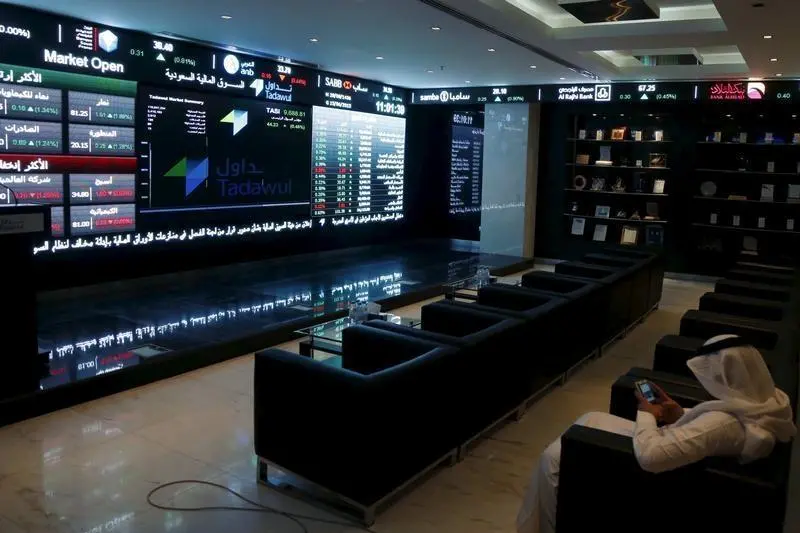PHOTO
Trading on Tadawul's single stock futures (SSFs) goes live on Monday for the largest and most liquid publicly listed companies. The first tranche includes Al Rajhi Bank, Saudi Aramco, Saudi National Bank, Alinma Bank, Saudi Basic Industries Corp., Saudi Telecom Co., Saudi Kayan Petrochemical Co., Saudi Electricity Co., Almarai Co. and Saudi Arabian Mining Co.
Key facts:
- SSF is an agreement, under which the buyer and seller complete a transaction at a specified date in the future.
- The SSF's value is based on the value of the underlying stock (underlying asset).
- SSF can be traded on Tadawul through opening an account with a brokerage registered for derivatives trading and depositing the required collateral.
- Margin requirements apply to both buyers and sellers.
- SSF allows investors to hedge their stock portfolios and allow traders to explore the price movement of the underlying stocks.
- SSF allows short-selling for investors without owning the underlying stocks.
- SSF performance is usually correlated to the performance of underlying stocks.
- SSF holders are not entitled to vote in the general meetings.
- SSF holders are not entitled to dividend distributions.
Benefits of trading SSF:
- Allowing institutions and individuals to hedge their portfolios to reduce losses in adverse market conditions
- Allowing investors to develop a strategy focusing on the shares of a single company instead of a group of shares compared to index futures
- Allowing investors to access the market with less capital through the initial margin
- Increasing profitability by making use of the financial leverage
- Increasing the flow of liquidity towards the stock market
Risks:
Derivatives carry risks similar to other financial market products. SSF may expose trading parties to certain risks, including market volatility and liquidity.
Source: Saudi Exchange
(Writing by Brinda Darasha; editing by Seban Scaria )




















